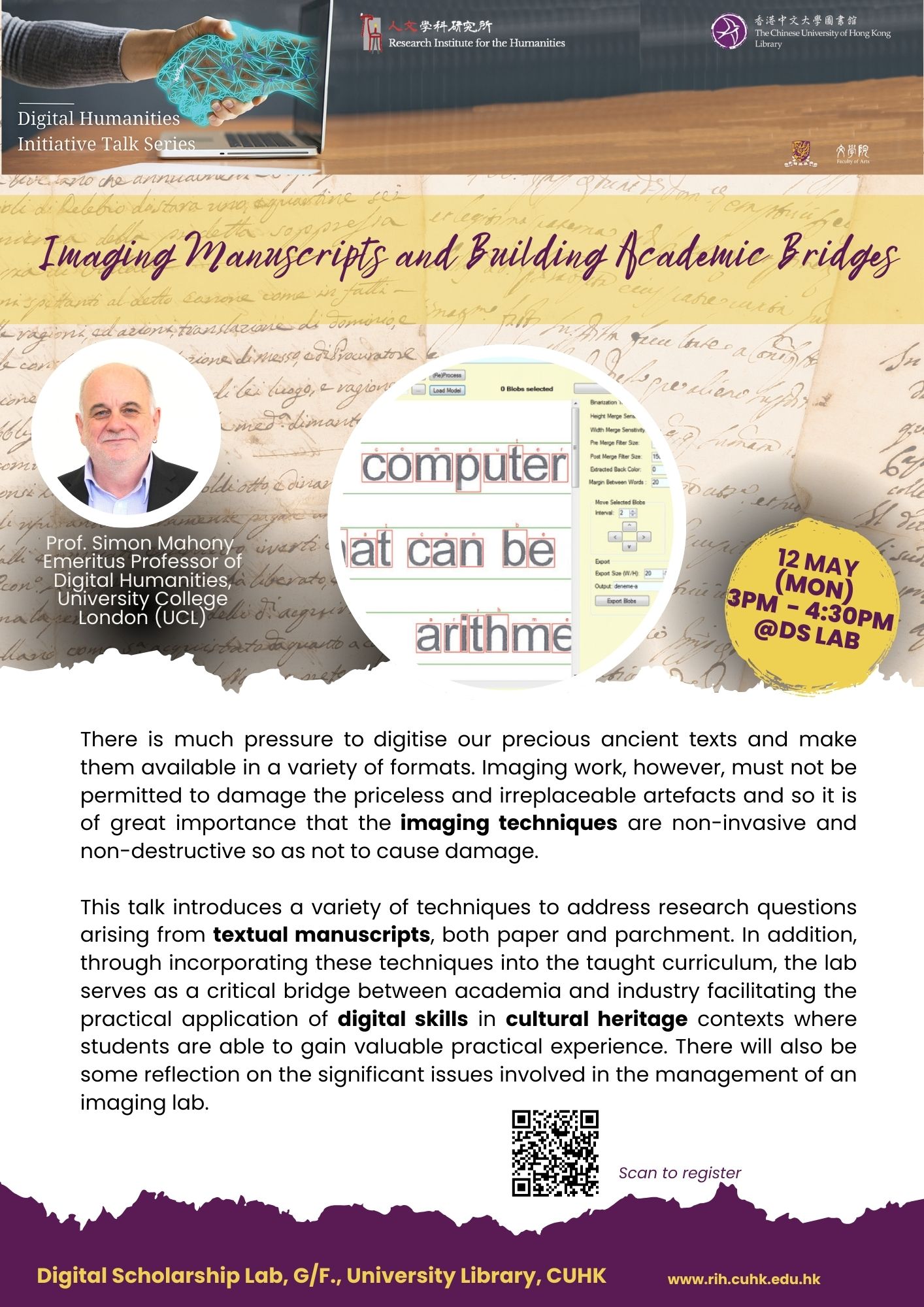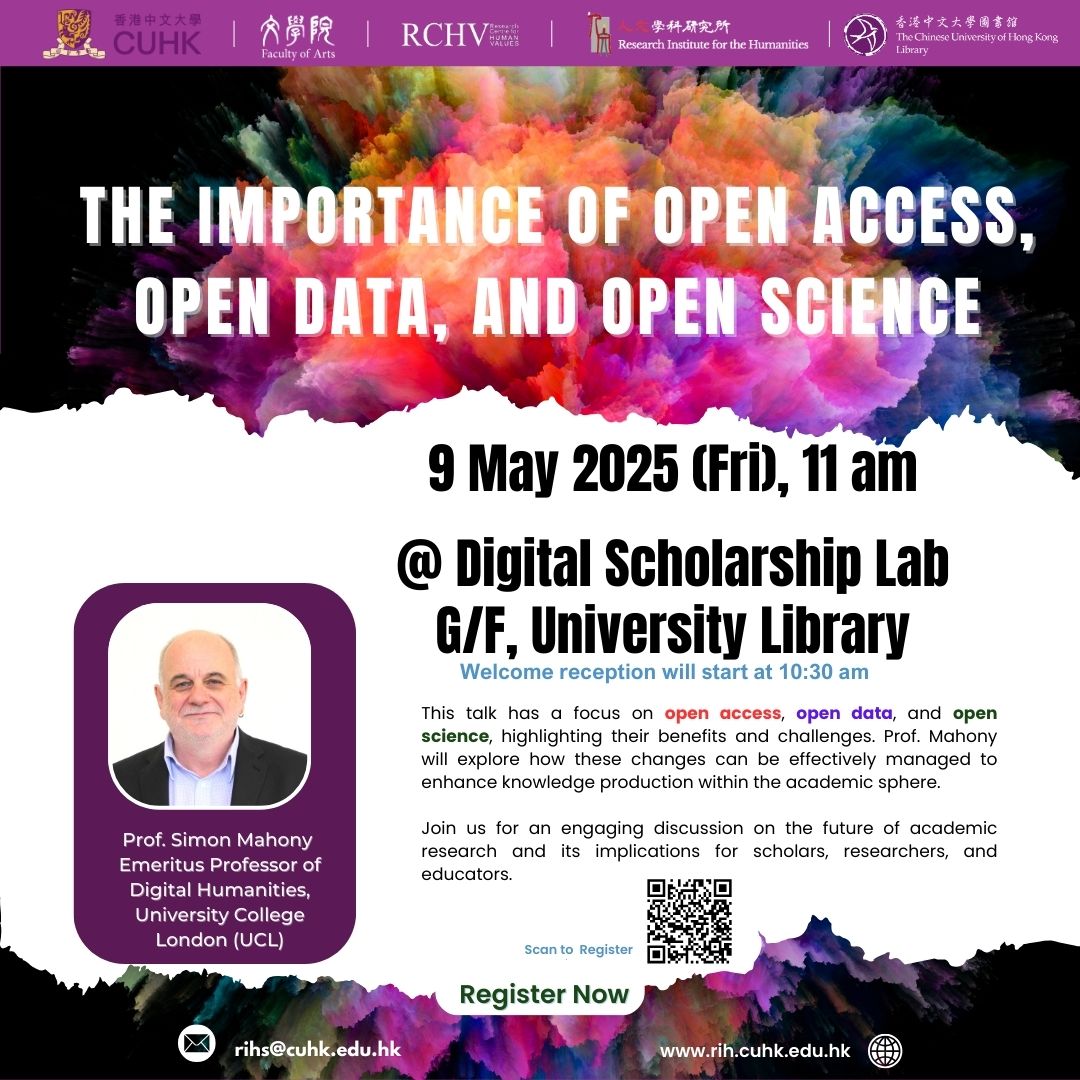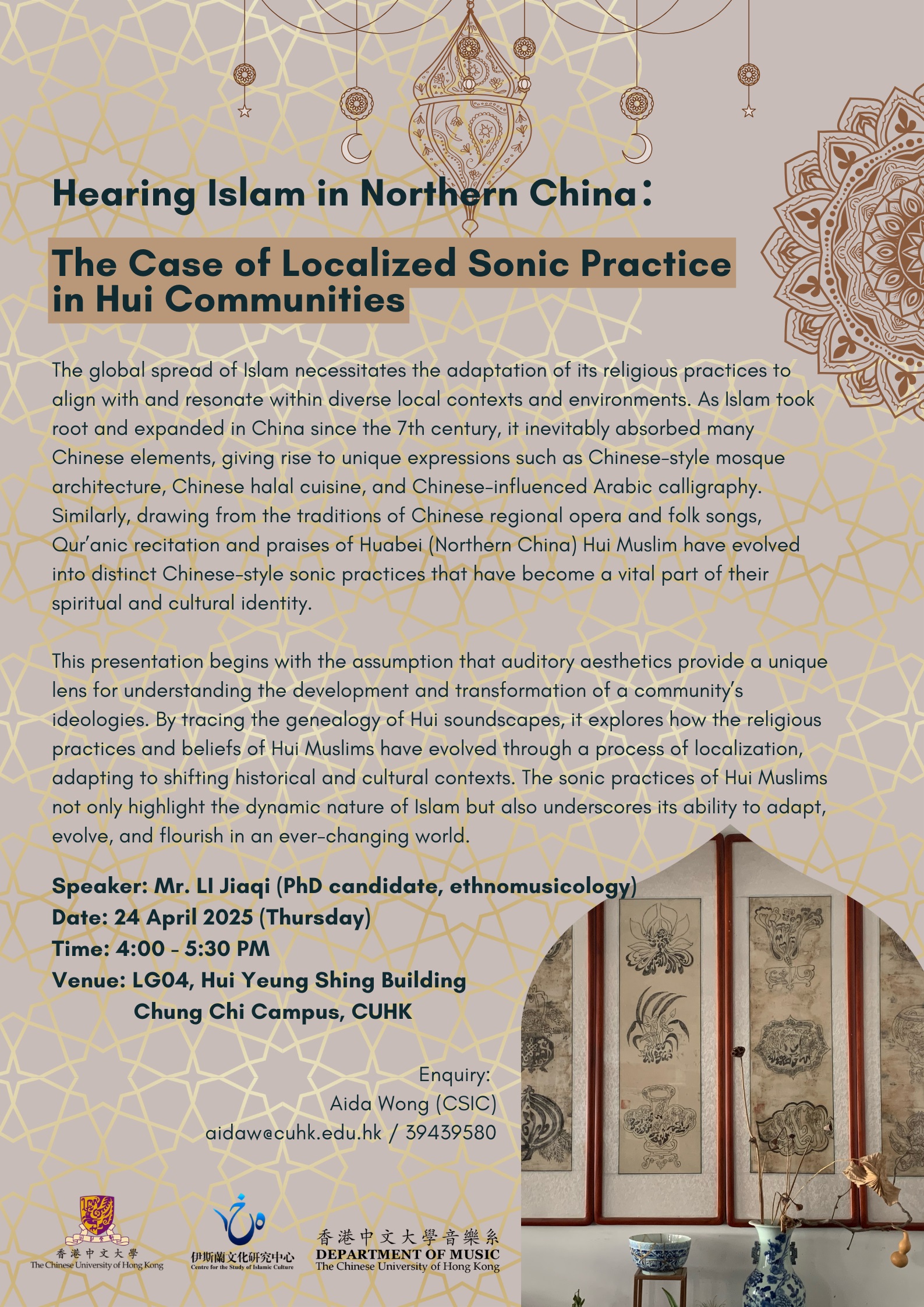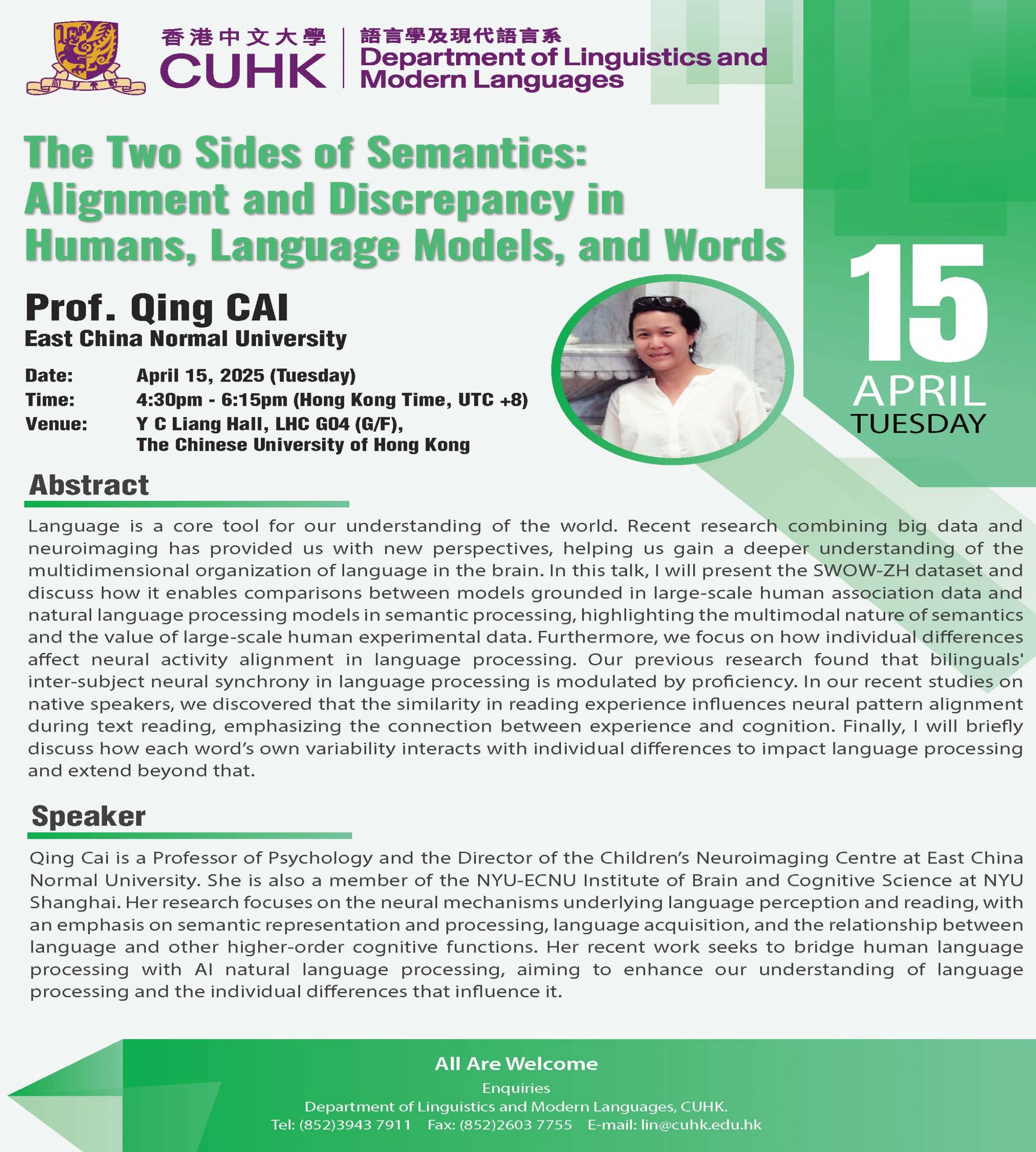
Speaker
Prof. Deborah Casewell
Associate Professor, University of Chester
Simone Weil is famed for her life of suffering and self-sacrifice, and her response to the problems of human existence, the decreation of the self, emphasises how suffering and affliction enable that. However, Weil’s philosophy also embraces joy and beauty as means to that decreative practice, and in her own writing, there are suggestions that joy itself can be cultivated. Weil’s concern with how the emotions can be changed can be traced back to her university work, where she uses Spinoza’s account of emotions to illustrate how we engage with the world. Our experience of the world is like a swimmer in water, where ‘what the swimmer calls water is for him above all a feeling made up of the pleasure that comes from swimming, and the pain induced by fatigue’ (SP, 55). These two feelings, pleasure and pain, are then associated by her with joy and sadness, and Weil posits an active relation to these emotions: we have the ability to conjure up pleasure, pain, sorrow, or joy, where ‘in my dreams, when I move towards joy or toward sadness, I summon up landscapes that are either luminous or dim’, and it is ‘this feeling, with its shadings of pleasure and pain, which is the only thing I can experience, is thus the fabric of the world’ (SP, 56). In this talk, I will argue that Weil transmutes this taxonomy of emotions into a particular kind of work and habit, and therefore provides us with a blueprint for how to reconsider our own relations to emotions, and how to speak of the emotions in philosophy: where her blend of activity and passivity is attentive to the power of human action as well as recommending passivity in important situations.
Online (No registration is required.)
Face-to-face (Register by 13 April 2025)
Enquires 查詢
Tel: (852) 3943 7135
Fax: (852) 2603 5323
Website: http://phil.arts.cuhk.edu.hk/





